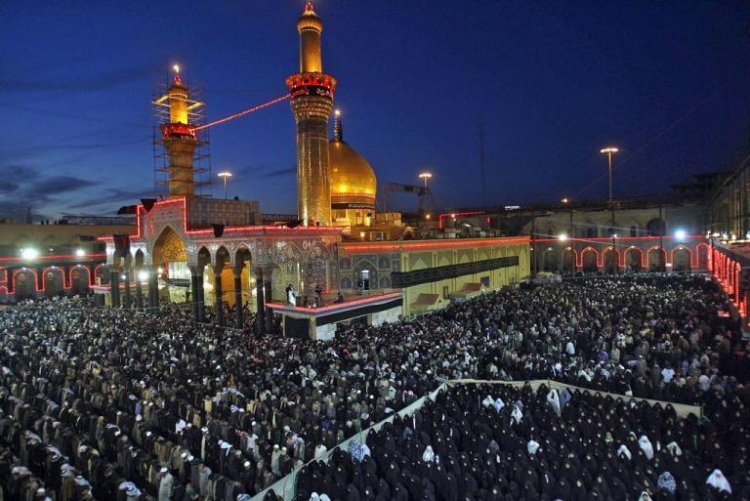Muharram 2023: Understanding the Islamic New Year
India will observe the first day of Muharram on Thursday, July 20th. Saudi Arabia has already marked the start of the Islamic New Year, Muharram, on July 19th, which is the first day of the Islamic year 1445.

India will observe the first day of Muharram on Thursday, July 20th. Saudi Arabia has already marked the start of the Islamic New Year, Muharram, on July 19th, which is the first day of the Islamic year 1445. The announcement of Muharram's first day was made after sighting the crescent moon, signifying the end of the month of Dhul Hijjah on July 18th. As a result, Muharram's first day will be observed on Wednesday, July 19th.
Muharram falls on different dates each year in the Gregorian calendar because it follows the lunar cycle of the Islamic calendar. Some countries like India, Pakistan, Bangladesh, Singapore, Indonesia, Malaysia, and Morocco usually sight the crescent moon one day later than countries such as Saudi Arabia, UAE, Oman, and other Gulf countries.
History: Muharram is a significant month that commemorates the martyrdom of Imam Hussein, the grandson of Prophet Muhammad, and his companions at the Battle of Karbala in 680 AD. This battle represents the struggle for justice against oppression. Imam Hussein's refusal to submit to the tyrannical ruler Yazid ultimately led to his sacrifice. Muslims remember and honor his sacrifice for truth and justice during Muharram, using this time for reflection and inspiration worldwide.
Significance: Muharram is the first month of the Islamic calendar and holds great importance for Muslims worldwide. The first day of this holy month is known as the Islamic New Year or Al Hijri. It marks the migration of Prophet Muhammad from Mecca to Medina and is historically significant for both Sunni and Shia Muslims.
Observance: Muharram is observed differently by Sunni and Shia Muslims. Sunni Muslims engage in remembrance, while Shia Muslims mourn. The latter participate in mourning processions, self-flagellation, and chest-beating as expressions of grief, holding rituals, processions, and gatherings in mosques. On the other hand, Sunnis observe a fast called 'sunnah,' following the tradition of Prophet Muhammad, who fasted on this day, emulating Prophet Musa (Moses).
What's Your Reaction?
















